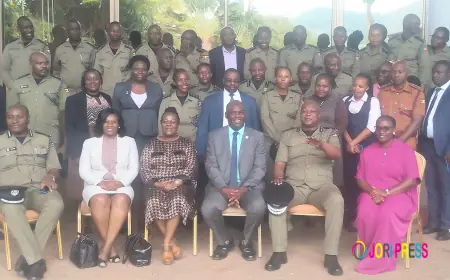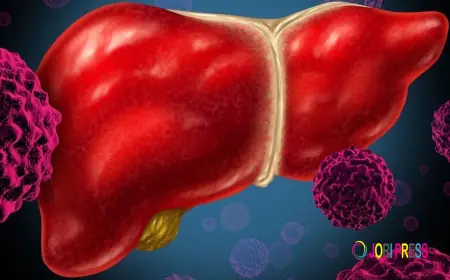The enduring legacy of Prof Mulumba, the refugee rights champion


She may not have been a renowned public figure but the story of Professor Deborah Mugerwa Mulumba, who passed away on August 12 at the age of 76, is a rich one woven with threads of compassion, intellect and an unyielding belief in human potential.
Her journey of service began not in a lecture hall, but in a hospital ward. As a brilliant young student at Bugema SS, her first-class academic performance won her a scholarship to train as a registered nurse in the UK. It is important to note that Prof Mulumba was born into a staunch Seventh-day Adventist (SDA) Church family and upon returning home, she was posted to Ishaka Adventist hospital in 1974.
It was there, while caring for an elderly woman with dedication, that she caught the eye of the woman’s son, Stanley. Captivated by her compassion, he fell in love instantly. The two lovebirds married in 1975, beginning a partnership that would last nearly five decades and began her lifelong transition from the SDA to the Catholic church.
But her quest for knowledge and impact was only beginning. She transitioned from healing bodies and mending the fractured lives of the displaced through her work as a volunteer with ACDI/VOCA and later UNHCR, before settling into academia.
She earned a PhD in Women and Refugee Studies from the University of Wageningen, Netherlands and later a post graduate Research Studies on Refugees at the University of Oxford, where her thesis focused on South Sudanese women refugees in Uganda. For more than 25 years, Prof Mulumba became a formidable champion for refugee rights.
Her work was not just theoretical; her research directly guided the Ugandan government on how to successfully absorb South Sudanese refugees into local communities. She argued with powerful conviction that despite Uganda’s limited resources, refugees should not be seen as a burden, but as people with immense economic potential.
“The only way to overcome damages inflicted by forced displacement,” she always reasoned, “is to look at the refugees from an empowerment perspective.”
Her studies revealed that while Uganda provided a conducive environment, refugees lacked the tools for economic empowerment. Her visionary solution was to steer them away from competing for scarce jobs and instead encourage entrepreneurship and business creation, a policy that prevented tension and fostered self-reliance.
As a professor of Forced Migration at Kyambogo University and previously a senior lecturer at Makerere, she shaped minds and policies with equal passion. Yet, she was also a pragmatic entrepreneur and a pillar of her community. With her husband, Architect Stanley Mulumba, she was a prominent dairy farmer in Nakasongola, advocating for clean milk storage and donating storage tanks to local farming groups.
Her entrepreneurial spirit also bloomed as the director of Uga Rose Flowers Ltd, a venture that employed close to 500 people over three decades. In her later years, her heart remained with the youngest learners, spending precious time with toddlers at her Rush Green kindergarten in Nsasa on the outskirts of Kampala.
Her life was one of profound faith and service. She was a strong leader in the Bugolobi sub-parish, a Rotarian honored for her contributions to the Katalemwa Cheshire Home for the underprivileged and a staunch supporter of church initiatives.
She leaves behind a legacy carried on by her husband, their five children— Dr Patricia Mwebaze Songa, Stanley Musiime, Christine Mbabazi, Paul Ninsiima and Patrick Mwesiga.
At her requiem mass, Archbishop Paul Semwogerere revealed that he first met the couple more than 30 years ago while he was a parish priest at Christ the King church. He stated that she “lived a life full of purpose.”
This was a life that was, tragically, just days away from a magnificent milestone: a 50th wedding anniversary celebration planned for September 14. Though she will not be there in person, the story of her purpose-driven life—a story of love, intellect and compassion— will be celebrated for generations to come.
What's Your Reaction?
 Like
0
Like
0
 Dislike
0
Dislike
0
 Love
0
Love
0
 Funny
0
Funny
0
 Angry
0
Angry
0
 Sad
0
Sad
0
 Wow
0
Wow
0














































